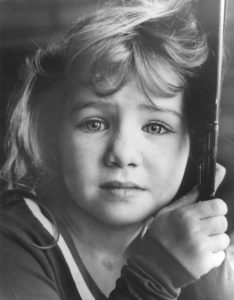 Friends had betrayed me. My whole community betrayed me. I found myself ostracized. My feelings of self-worth plummeted. Gradually I forgot that I had done anything good at all.
Friends had betrayed me. My whole community betrayed me. I found myself ostracized. My feelings of self-worth plummeted. Gradually I forgot that I had done anything good at all.
One of the worst forms of discrimination is when there is a conflict between a well person and someone with a history of mental illness. This is especially true if the well person is someone in authority. The person with mental illness is almost always given the blame, with no opportunity to have their side heard. This is what happened to me. I lost everything that had given my life meaning. Those who hurt me went free, while I left with my reputation destroyed. All I had been and all I had done forgotten.
Even people close to me believed I was to blame. Family and friends told me I wasn’t a victim. “It takes two to tango,” one told me. Cruel words to hear for a person who is suffering. But I did nothing to knowingly hurt anyone. My counselor’s words were comforting. “You did nothing wrong.”
A short time ago I was in the emergency room–beside myself–trying but unable to grasp the immensity of my losses. I often enter deep depression when I think of how my life has been affected, unable to believe how I was so inhumanely treated by people who used to be friends.
And what did I do to deserve this?
I had a behavior problem. But my behavior was not who I was. Neither did it mean I had a character flaw. Did they forget that I was the person they once looked kindly on? Essentially, I was a good person who loved people and wanted to care for them. Instead of finding ways to help me, I was mistreated.
All of this led to unimaginable suffering for years to come.
How much better it would have been—how much kinder—if they could have found a way to help me. But it seemed that the person who hurt me the most did not have the patience or understanding to help.
marja
Leave a Reply